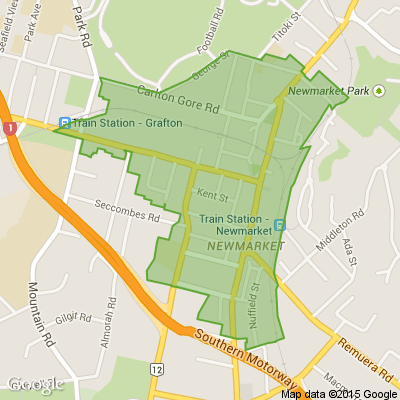Networking & Corporate Wellness FREE Event
Join us for a Networking & Corporate Wellness event at Begin Wellness, Newmarket, next Tuesday, July 9th, at 6:00 PM!?
I’m thrilled to share that Begin Wellness and I have teamed up to launch a Corporate Wellbeing Program like no other! Our holistic approach to workplace wellness focuses on the four pillars of wellbeing: social, physical, mental, and emotional health.
We aim to dissolve the notion that life happens only before and after work. Our vision is to integrate work into life, making it a space for personal growth, connection, creativity, and development. We believe in guiding individuals to express their fullest potential, becoming integral pillars of a kind and responsible society.
To celebrate, we are inviting local businesses to join un in a networking and wellness event, to connect and unwind.
Comee and meet our wellness facilitators, experience our wellness devices, learn stress management techniques, connect with local businesses, and receive a special gift: one week of unlimited classes at Begin Wellness + one stress management or mindfulness workshop for your office.
There are limited spots available, if you'd like to save yours, email me at hello@stephanieglass.co.nz

Success isn’t just about numbers; it’s about making the right decisions at the right time.
At Moore Markhams, we work alongside you to understand your goals and help you navigate challenges, from tax compliance to business strategy.
As part of a global network, we provide local expertise backed by international connections, so you’re supported every step of the way.
Discover how Moore Markhams Auckland and our nationwide team can help your business thrive.

Worst Xmas ever?
There's a a lot of planning that goes into Christmas day and sometimes things just don't go to plan. But it can be a good thing - a family mishap or hilarious memory that you can laugh about in Christmases to come.
Whether you burnt the dinner or were stranded at an airport...
Share your Christmas mishaps below!

⚠️ DOGS DIE IN HOT CARS. If you love them, don't leave them. ⚠️
It's a message we share time and time again, and this year, we're calling on you to help us spread that message further.
Did you know that calls to SPCA about dogs left inside hot cars made up a whopping 11% of all welfare calls last summer? This is a completely preventable issue, and one which is causing hundreds of dogs (often loved pets) to suffer.
Here are some quick facts to share with the dog owners in your life:
👉 The temperature inside a car can heat to over 50°C in less than 15 minutes.
👉 Parking in the shade and cracking windows does little to help on a warm day. Dogs rely on panting to keep cool, which they can't do in a hot car.
👉 This puts dogs at a high risk of heatstroke - a serious condition for dogs, with a mortality rate between 39%-50%.
👉 It is an offence under the Animal Welfare Act to leave a dog in a hot vehicle if they are showing signs of heat stress. You can be fined, and prosecuted.
SPCA has created downloadable resources to help you spread the message even further. Posters, a flyer, and a social media tile can be downloaded from our website here: www.spca.nz...
We encourage you to use these - and ask your local businesses to display the posters if they can. Flyers can be kept in your car and handed out as needed.
This is a community problem, and one we cannot solve alone. Help us to prevent more tragedies this summer by sharing this post.
On behalf of the animals - thank you ❤️







 Loading…
Loading…




